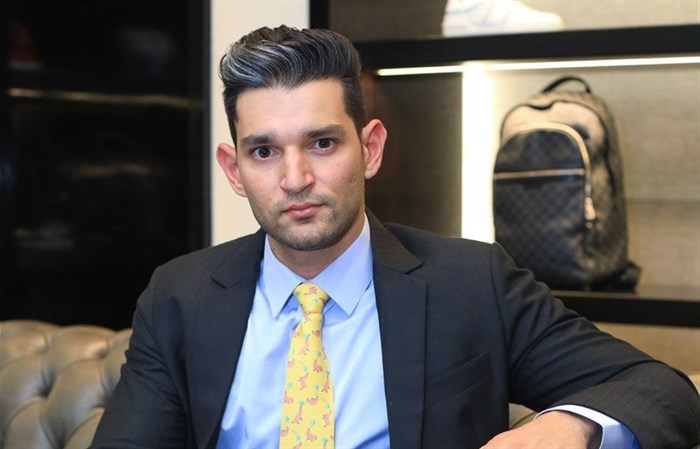
Top stories






More news

Marketing & Media
Warner Bros. was “nice to have” but not at any price, says Netflix

Logistics & Transport
Maersk reroutes sailings around Africa amid Red Sea constraints

















Despite this potential, the limited physical presence of global designer brands on the continent and the prohibitive costs of luxury items have created challenges for African consumers. But, with the boom in luxury resale, access to designer pieces is now in reach.
Michael Zahariev, co-founder of Luxity, says that while African consumers crave leading luxury brands like Louis Vuitton, Gucci, Prada, Burberry, and Christian Louboutin, these have been physically and financially inaccessible for the majority.
“Luxury resale, however, is bridging the gap and making it possible for individuals to acquire authentic designer pieces at a fraction of the retail price, averaging a 40% discount on items in excellent to new condition. Besides the lower price points, consumers can also benefit from interest-free payment plans not offered when buying new. For example, 29% of our customers opt to pay off their purchases for up to two months.”
He adds that geographical constraints are no longer a barrier with resellers catering to the continent’s tech-savvy consumers, comprised of 570 million internet users and climbing thanks to the proliferation of smartphones and mobile devices, with 287 million Africans going online in this way.
“This, in turn, has prompted the growth of online shopping, with mobile commerce, which makes up 84% of our traffic, dominating this space and leapfrogging traditional e-commerce where transactions typically take place on desktop computers.”
“Not only are resellers tapping into African consumers’ preference for mobile commerce but are also meeting them where they are at, with WhatsApp being the most popular mobile messenger app on the continent,” notes Zahariev.
“With its low data consumption, strong security features, multimedia messaging capabilities and real-time conversations, WhatsApp is becoming an increasingly popular platform for Africans to transact.”
“Moreover, WhatsApp eliminates the need for shoppers to download additional apps or leave the channel to make their purchases, making it easier for them to engage and do business with resellers within an environment they already know and trust. At the same time, it provides luxury resellers with an efficient way of reaching consumers at scale across the continent,” he highlights.
“The provision of a variety of digital payment options also contributes to the democratisation of luxury item access,” points out Zahariev. “While cash is still king in most parts of the continent, e-payments like cards, mobile wallets and electronic transfers are gaining momentum and reducing friction in domestic and cross-border payments.”
Additionally, he asserts that Buy Now Pay Later (BNPL) payment plans are experiencing robust growth in Africa, particularly in nations with flourishing e-commerce, elevated inflation rates, and inefficient banking systems.
“By empowering consumers to distribute their spending across several interest-free instalments, BNPL is helping to foster greater consumer inclusivity in terms of how individuals earn and spend. For instance, Africans receiving weekly wages are now able to make purchases that would have previously been a challenge to afford.”
“In making luxury more accessible, resellers have had to adapt their approach to the specific needs and preferences of the continent’s consumers. This has contributed significantly to the success of the pre-owned luxury concept in Africa while also enabling the growth of a more inclusive and accessible luxury market,” concludes Zahariev.